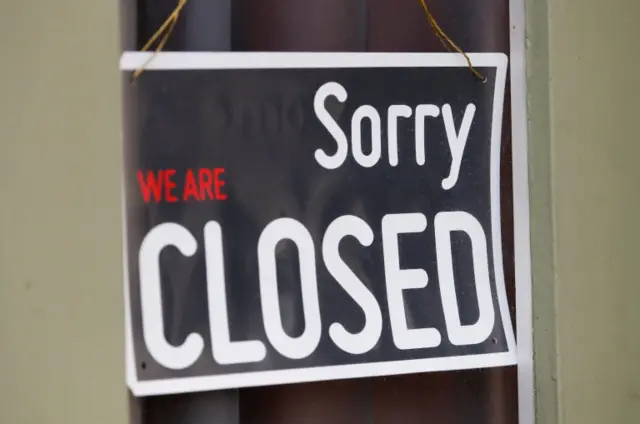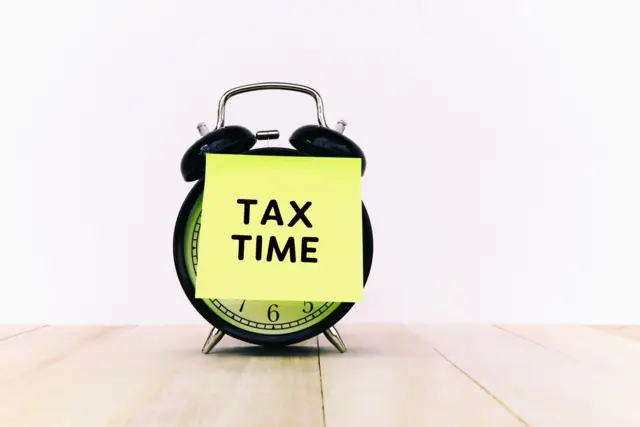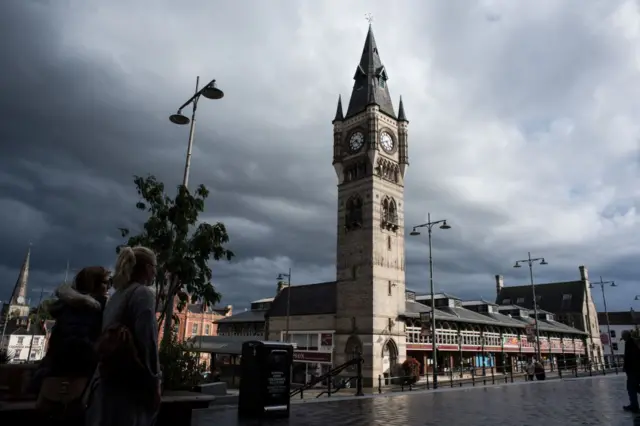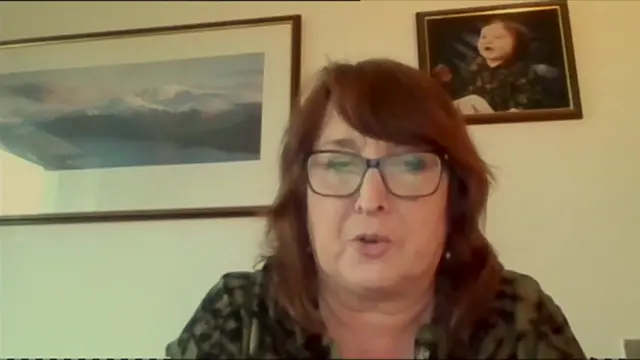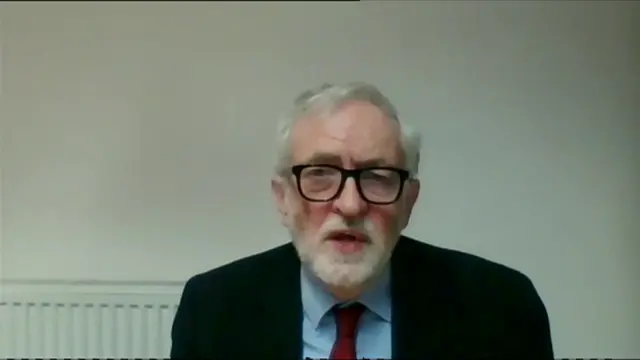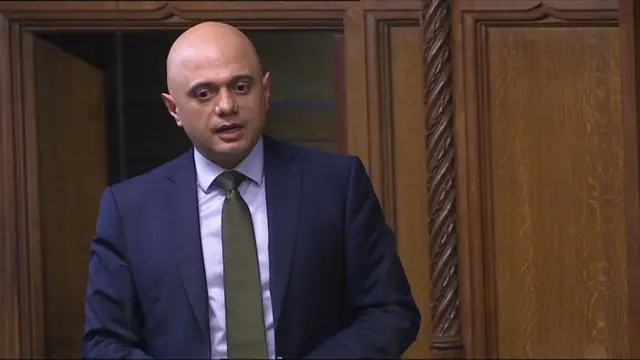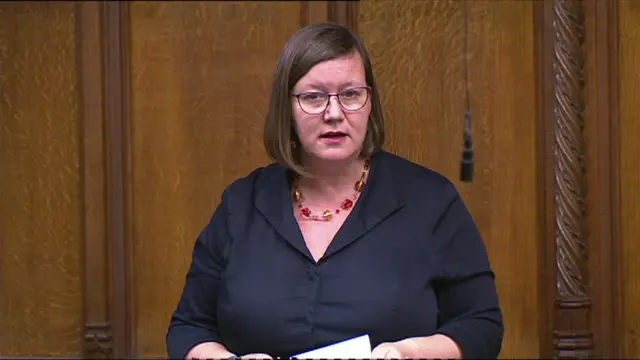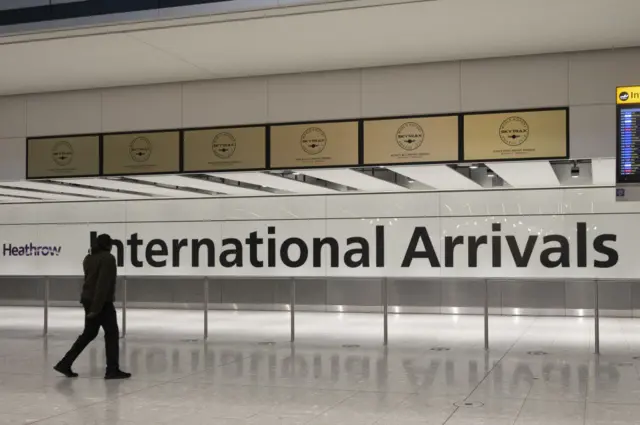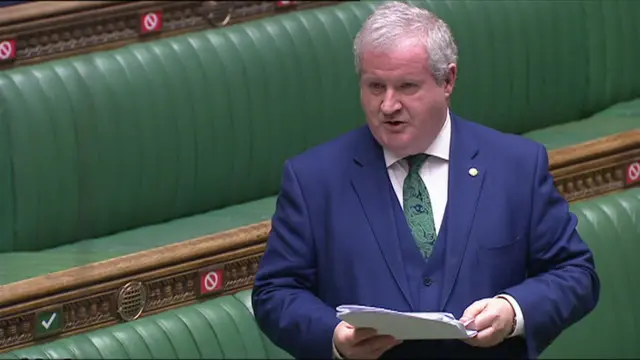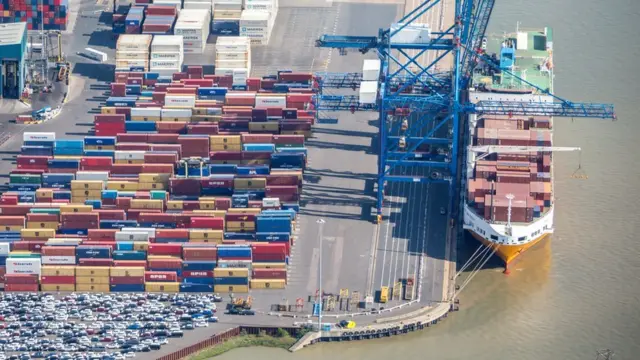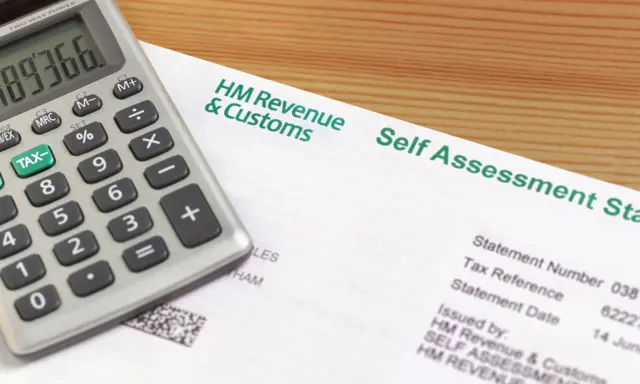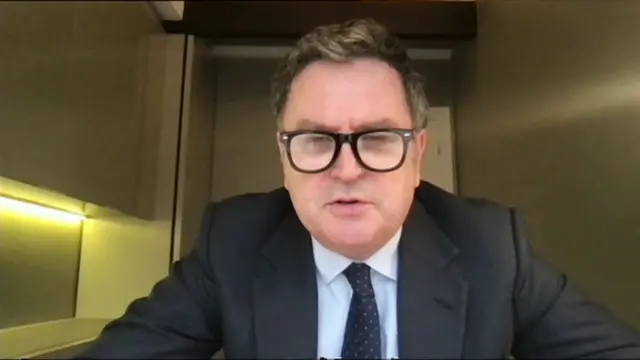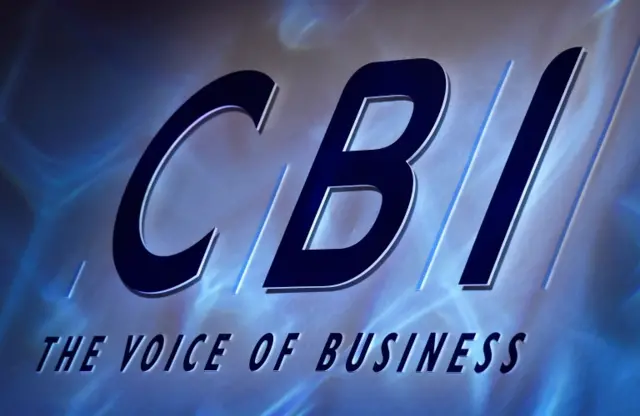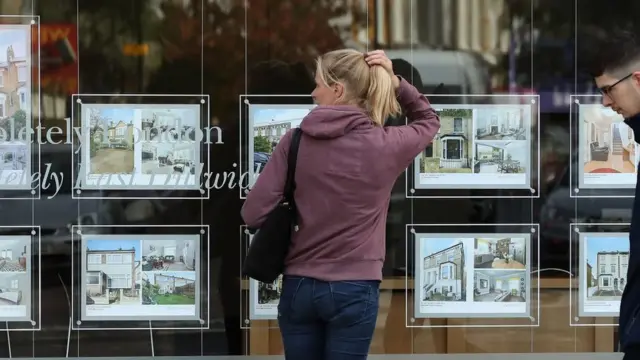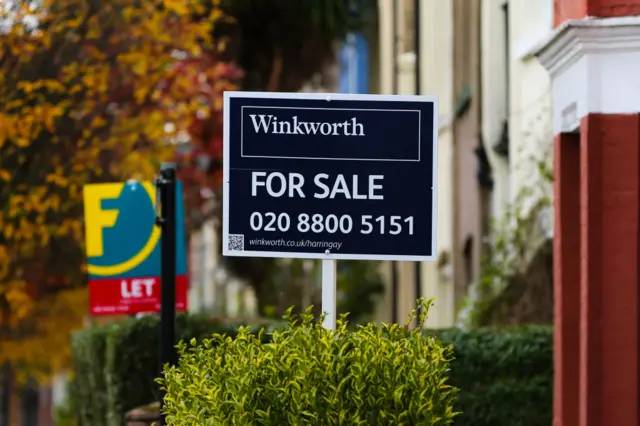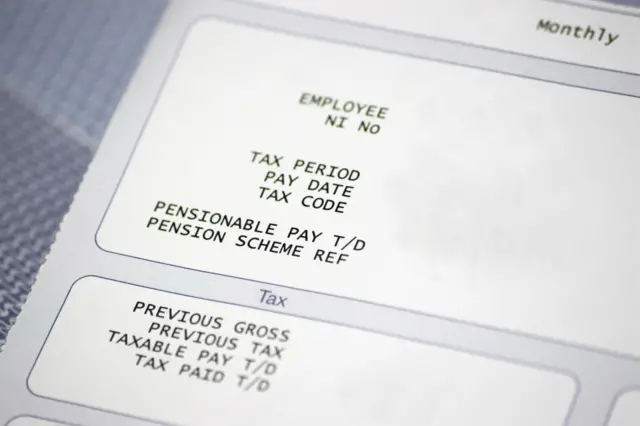Anger and dismay among care providerspublished at 15:54 GMT 3 March 2021
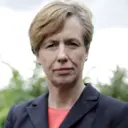 Alison Holt
Alison Holt
Social affairs correspondent
 Image source, PA Media
Image source, PA MediaThe failure to mention the long and short term funding of support for older and disabled people in the Budget is causing anger and dismay amongst charities and care providers.
Chair of the Independent Care Group Mike Padgham says “People feel angry because there wasn’t even a mention of social care.”
The adult social care system in England already faced a funding crisis, but the pandemic has made its problems more acute.
The government put in place a number of short term grants, and there is also money to help with workforce recruitment and to speed up the discharge of patients from hospitals into care homes - but all these grants finish in March.
The Department of Health and Social Care is said to be in discussions with the Treasury and still actively reviewing the need for funding, with a decision in due course.
The government has promised to fix social care and its funding once and for all, but there are increasing concerns that those plans are being pushed back, perhaps even to next year.
